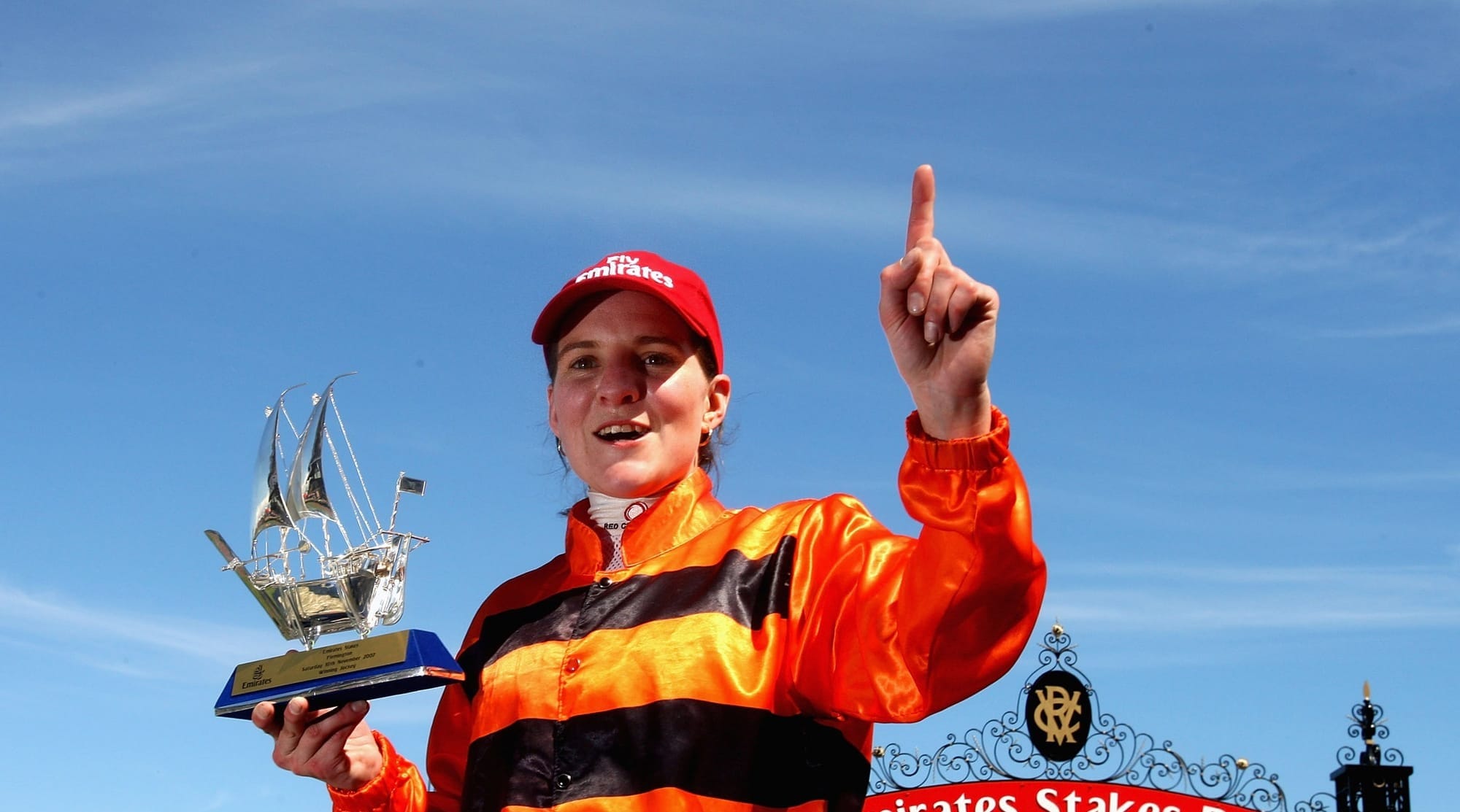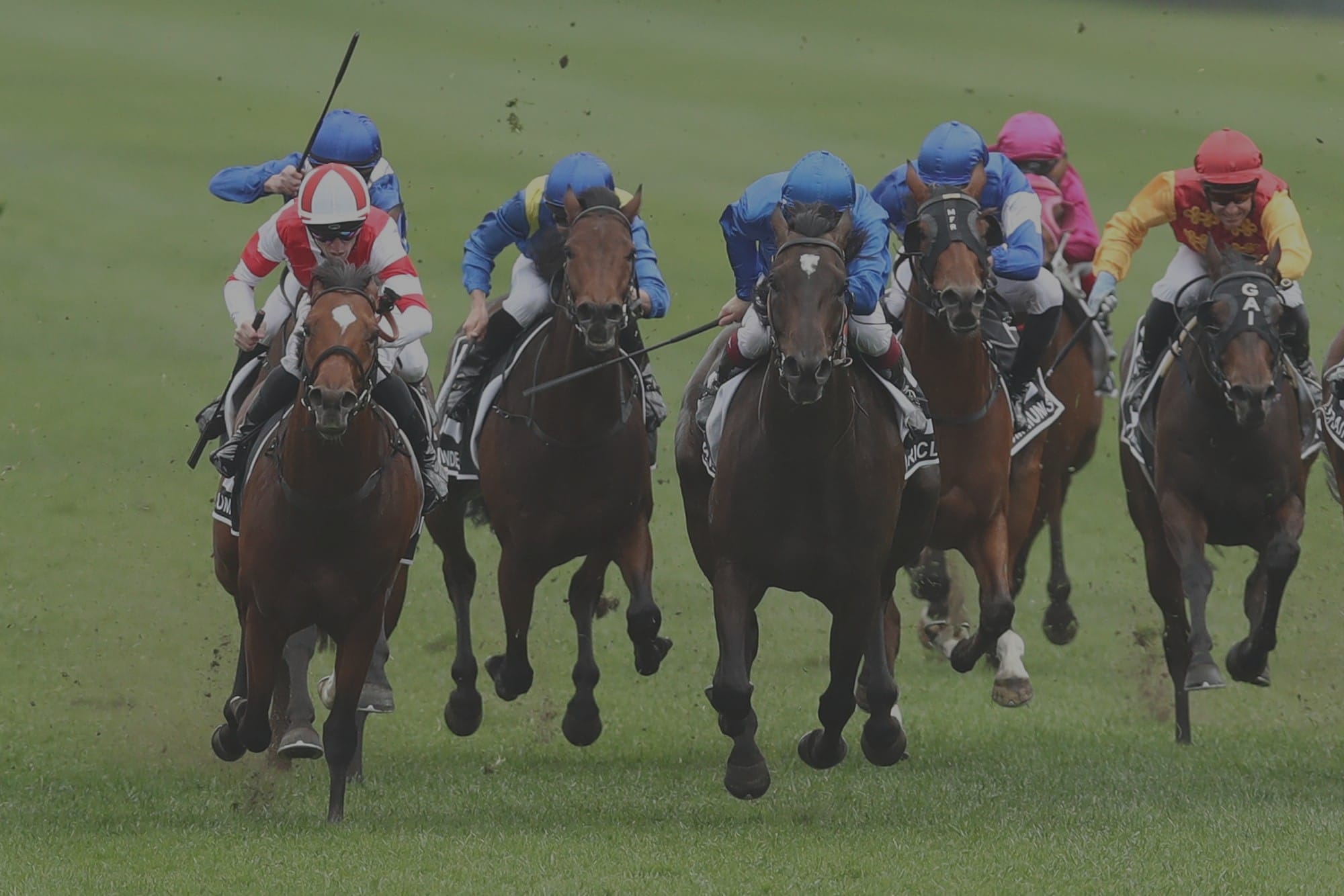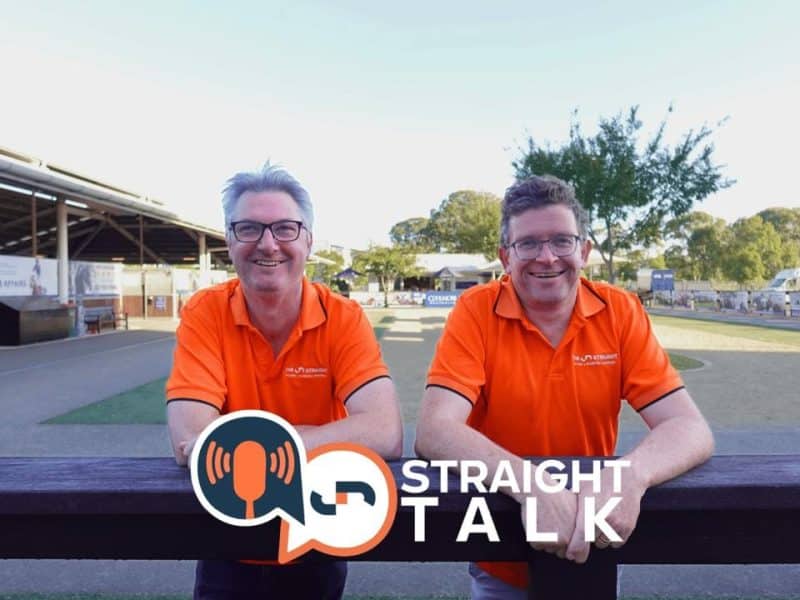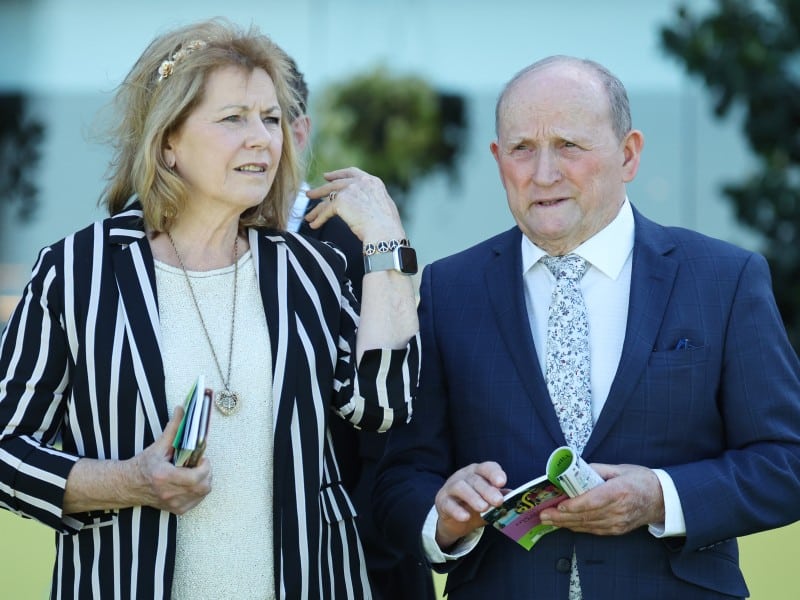The Payne of expectation – How Michelle’s Melbourne Cup changed everything
Michelle Payne, who retired from riding this week, was centre stage in one of the most remarkable moments in Australian racing history. The legacy of that Melbourne Cup win is still being felt, by Payne herself, those who are closest to her, and by a new generation of jockeys she has inspired.
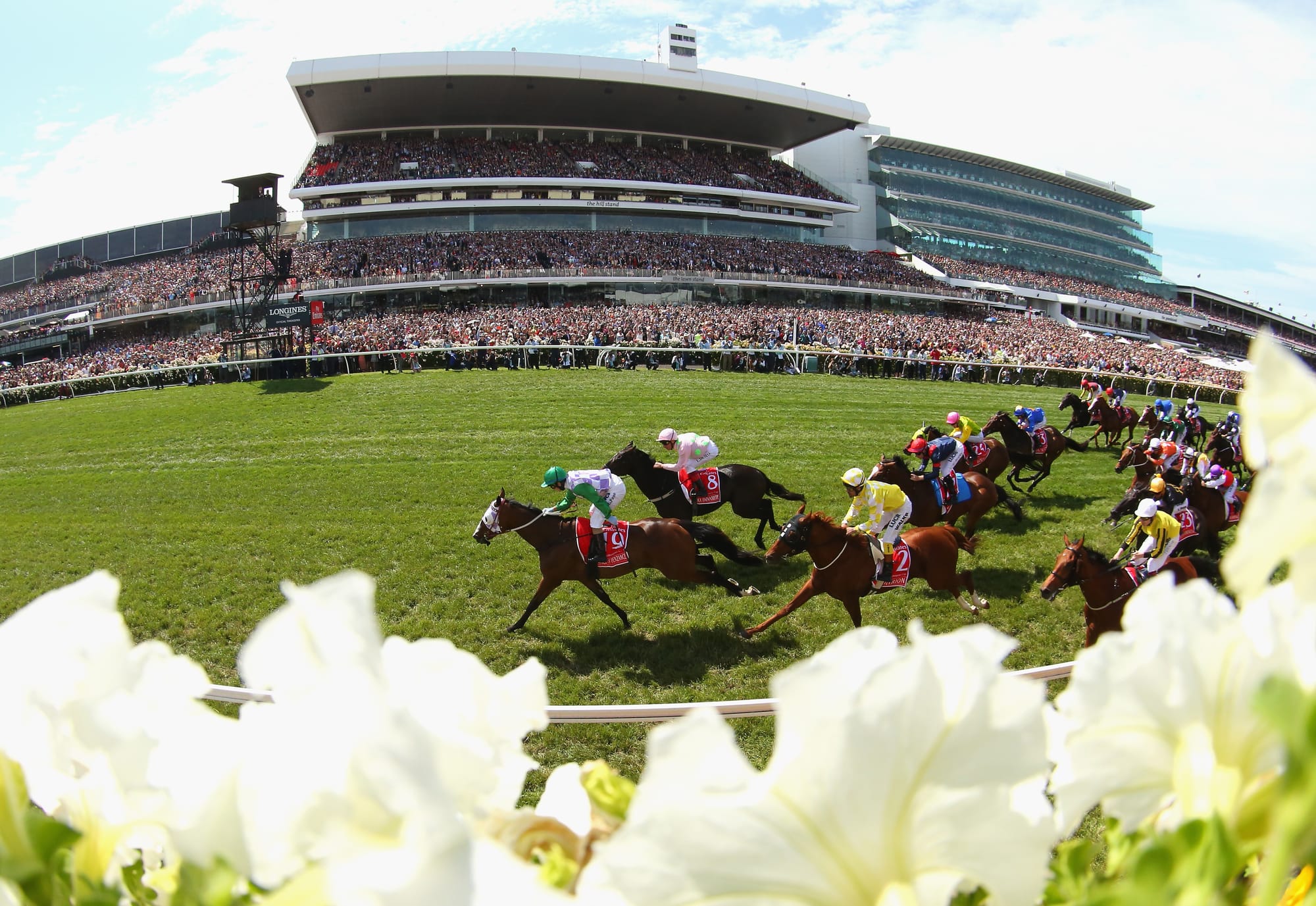
A few months after winning the 2015 Melbourne Cup, Michelle Payne sat next to her friend Nikita Beriman on a domestic flight and tearily asked “what do I have to do?”
Payne had become the most famous jockey in Australian history by steering Prince Of Penzance to victory in the Melbourne Cup. No female jockey had previously won the most famous race in the Sport Of Kings.
The Cup win carried the enormous weight of history and then, the crushing burden of expectation.
Payne, who announced her retirement this week, had instantly become a trailblazer, an inspiration. Her poignant words post-race would later define the 2015 Melbourne Cup as the moment it all changed. After Michelle came swarms of ambitious and confident female riders.
In her speech Payne described racing as a “chauvinistic sport”. Ears pricked and souls were searched. The racing industry was forced to reflect.
“I want to say to everyone else, get stuffed, because they think women aren’t strong enough but we just beat the world,” she said.
Payne was referring more to debate within the horse’s all-male ownership to dump her for a stronger male rider than to the general plight of women, but her comments became timeless, later the central theme of “Ride Like A Girl”, a Payne biopic that became the highest-grossing Australian film of 2019.
But victory came with a cost that no-one, especially Payne, could have imagined.
Beriman, who now rides in Queensland, bore witness to a time when a humble, generous girl from Ballarat was thrust into the world of the tall poppy.
“I remember we were sitting on a plane and Michelle was just so exhausted from the media spotlight and people interpreting everything she did,” Beriman said.
“We put people on pedestals and then we take them apart. Honestly, I don’t know how she was supposed to handle it. She didn’t put herself in that position. She rode the winner of a race that just happened to be the most famous race. She was just as good a rider the day before and the day after.
“She would tweet concerns about a firm track and cop all sort of backlash that no-one else ever copped. Words hurt. There was constant negativity in other areas too. Michelle had to find a way to deal with it and she’s such a strong girl that she found a way.”
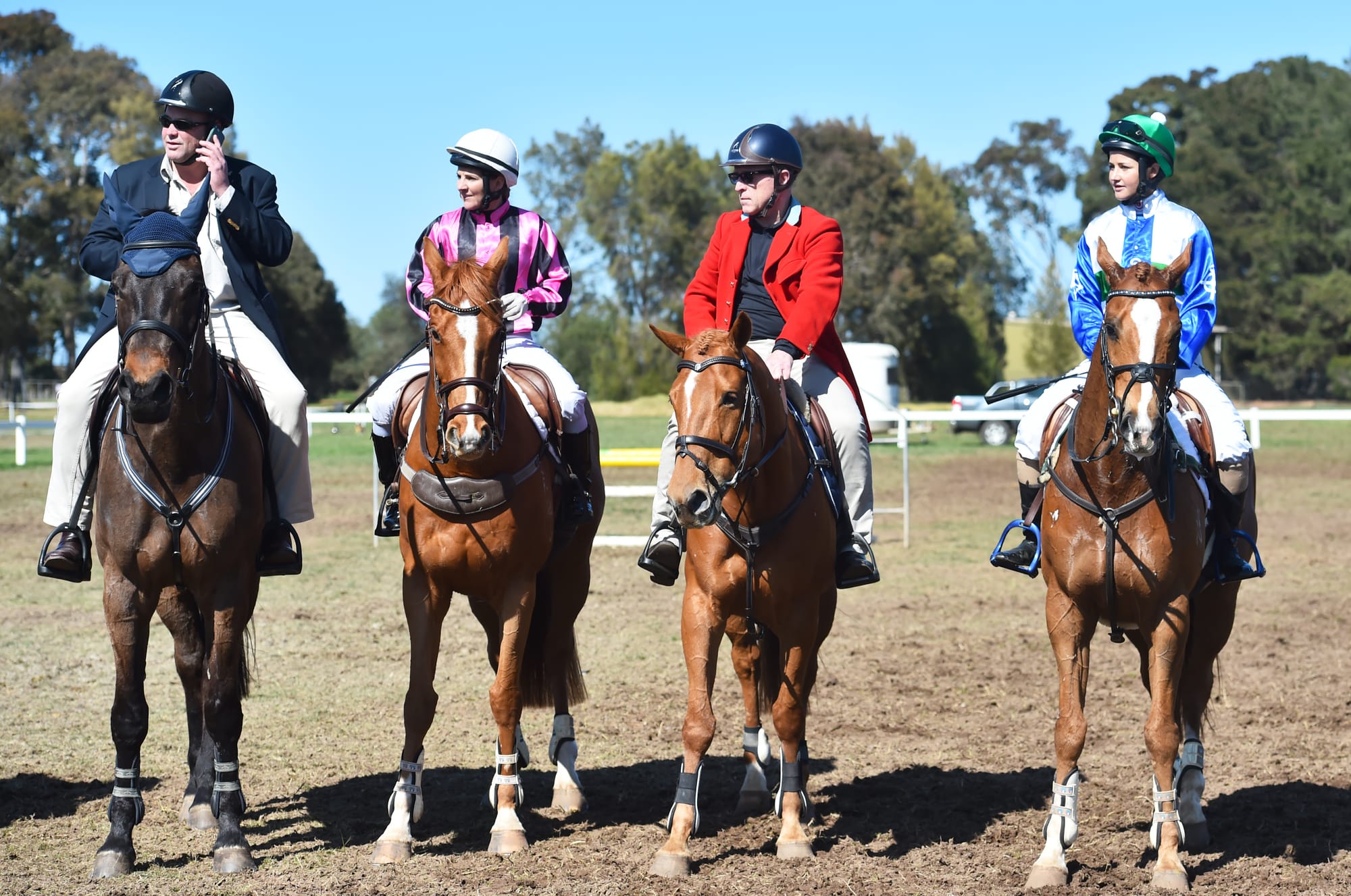
Beriman said Payne’s comments about misogyny in racing were not meant to be divisive.
“She said ‘we just beat the world’. It was not directed to every person in racing just to the owners of Prince Of Penzance who wanted to replace her with a male jockey. People sort of took those comments to a different level,” Beriman said.
“It hurt me and others because Michelle was always the type of person who never changed. Michelle would give anybody the shirt off her back.”
For Payne, the year that followed the Melbourne Cup was a whirlwind of highs made possible by her instant fame and near-tragic lows. Demands on her time were constant, and a movie was in-train. She stormed out of a Shergar Cup press conference in London because she was ill, as was Kerrin McEvoy.
She was angered that media advisors demanded she be subjected to six hours of interviews.
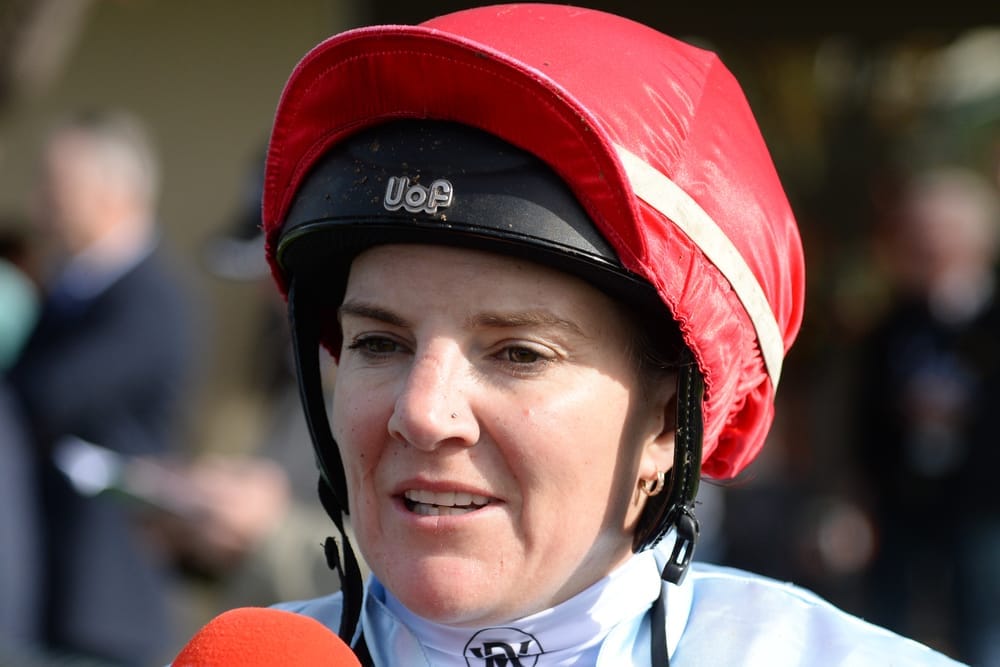
“Michelle was always the type of person who never changed. Michelle would give anybody the shirt off her back.”
Nikita Beriman
Payne suffered a near-fatal fall in a race in Mildura in May 2016. She badly damaged her pancreas and was lucky to survive. But the injury became a blessing. Payne could finally apply the brakes.
“After that fall I thought “I don’t know how I’m going to get through this. I just didn’t know how to deal with it (physical pain and media pressure).
“I think there was divine intervention. My sisters took my phone for over a week. I was in so much pain and uncontactable.
“When I left hospital, Nikita was there and it was mayhem; TV cameras everywhere and even up at Ballarat there was a queue of cars 10 deep and everyone was asking if I was going to retire. I just wanted to go inside and sleep.”
Payne broke down during production of Ride Like A Girl. She was exhausted.
“I remember (brother) Paddy saying to me that I should have taken six months off as soon as I won the Cup. But I wanted to ride and try to capitalise on it. Riding was what I loved,” she said.
Payne insists she would not swap her role in Melbourne Cup history, and Australian folklore, for anything. It was tough and the curve-balls unexpected, but it was worth it. If anything, it made her stronger.
“I had so many things pop up afterwards, I had so much fun in so many ways. It has opened up opportunities for me, like working for ITV during Royal Ascot and the carnivals at home,” she said.
“I don’t want it to come across that I’m moaning. There were some genuinely tough times but it was truly amazing.
“I remember talking to Frankie Dettori when I was struggling a bit. He said try to embrace it and enjoy it. It won’t last forever. I really took that on board.”
The greatest gift of Payne’s Melbourne Cup victory is her legacy. She beat the boys on level terms. Girls at pony clubs started to believe in themselves, as did girls, and boys, in classrooms.
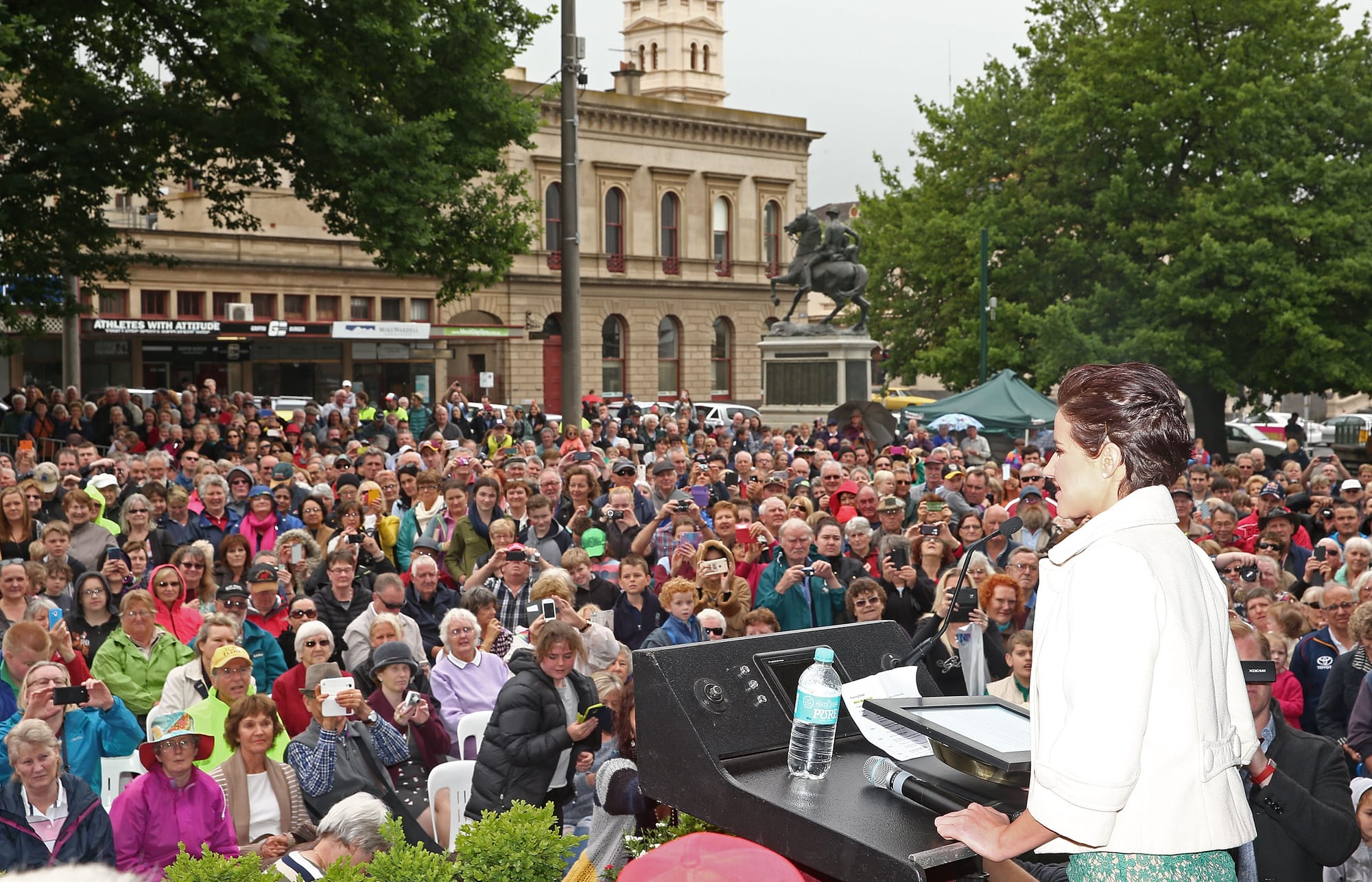
Jaylah Kennedy was 15 years old when Payne won on Prince of Penzance.
Like Payne, Kennedy has a Kiwi family from a ‘horsey’ background. She has become one of the bright lights of the Victorian apprentice ranks. Payne and Kennedy both live in Ballarat although Payne will soon branch out to co-train with Patrick, who has a farm near Rockbank.
“The day Michelle won the Cup I was at Wingatui races with mum and dad, in the bar. I was pretty young and vividly remember it being a very big thing. I remember how everybody reacted knowing that history had been made,” Kennedy said.
“I was riding work for dad and had a part-time job in a café. It was only in the back of my mind that I might become a jockey. Then Michelle won the Melbourne Cup.
“It was inspirational how hard she had to work to get there. Girls everywhere were motivated. If they say Michelle didn’t inspire them, they’re lying.
“Before her we had some really good female jockeys but Michelle was the pinnacle. She’d won the Melbourne Cup.’’
